I don’t expect anyone to be perfect, including myself. As a mom, I let my kids know that I’m not perfect. Acknowledging my own mistakes and apologizing lets my children see that sorry isn’t a bad word at all. We’re all human. We all make mistakes.
I’ll say, “you know what? I made that mistake, and I am sorry, and I’m going to be better next time.” I am willing to step up. Because sometimes we all have our moments and do something we are sorry about. But then, I’ll take a breath, take a moment, and I’ll just straight-up acknowledge it. It’s never easy, but it’s important and I’ll always do it. I think it’s important to teach my children to become an adult with that, being secure in themselves, not going through life fearing mistakes.
It’s also about being honest with ourselves.
Perfect isn’t honest. If you always expect yourself to be perfect all the time, pretending that you never mess up, when you know that not to be true, I wonder, how do you look at yourself in the mirror? That’s not really allowing you to be the truest version of yourself. I’ve had people tell me, “I just can’t say that I’m sorry. I just can’t say it.” But my internal response is, wouldn’t it be more difficult and heavy to carry all those mistakes, and hold them inside you?
I think so many are walking around with that blockage though, preventing themselves from opening up to be the best version of themselves. They don’t admit that they’re in the wrong. Sometimes ego just gets in the way. But if we can push our ego aside, we can be accountable for whatever behavior and move past it. Because growing and being better comes with admitting mistakes. Vulnerability is power.
But it’s never too late. Acknowledgment months or years later still holds power.
During college, I once had a bowling friendship end after some hurtful things were said about me. I was really surprised because I thought that we were becoming good friends and then the friendship just fell away. I was young and didn’t know how to deal with it other than bottling the disappointment inward, where it made me feel really sad. Nearly a year later, the person reached out to me again. They said, “I’m sorry. I haven’t been a good friend. And I have said things that I regret. And I’m sorry for that and how it made you feel. And I hope that you can forgive me for that behavior.”
That person showed strength and maturity in acknowledging their mistakes and the sorry held just as much weight, their stepping up a year later. It was a turning point for us, so much so that we were able to move past what happened and become friends again.
I’ve also once had someone apologize to me a really long time later — many, many years later, in fact. And that meant a lot to me too. We had bowled at the same level and were friendly until one-day things changed. There was a sudden distance, and I began to hear the false stories about me, the gossip. In this case, I think they felt threatened by me and created their own narrative about me. As always, it was really heartbreaking to hear this and for this to happen. After we no longer bowled together, we never saw each other at all. Then, years later, we happened to run into each other by happenstance. At the moment, we made small talk, and then parted ways. Then, later that same day, I received a heartfelt message in my inbox. Their apology: “I wasn’t the easiest to get along with back then and I recognize that now. I’m sorry.” They owned it, and acknowledged my hurt. And that was all that was needed. That made for healthy grounds for going forward on both sides.
When you step up and apologize, own your words or actions, you are able to move forward. Otherwise, you’re giving them power to hold your back or keep you stuck. .
It’s amazing the power a simple acknowledgment can have.
We really don’t have to feel bad about mistakes. I’ve found that you feel a lot lighter when we just own our actions because then we know we are the ones with control over it all — over decisions, good or bad; acknowledge mistakes, and decide to move on. It’s a lot less heavy and you’re taking back your power.
I will let you in on a personal secret about “being sorry.” Although I appreciate it when my kids own up to their mistakes and are vulnerable enough to say, “I’m sorry.” Sometimes my reply is this: “Don’t be sorry. Just be better.”
How good are you at standing up and admitting mistakes, no matter how big or small? And have you received any apologies that really meant a lot to you?


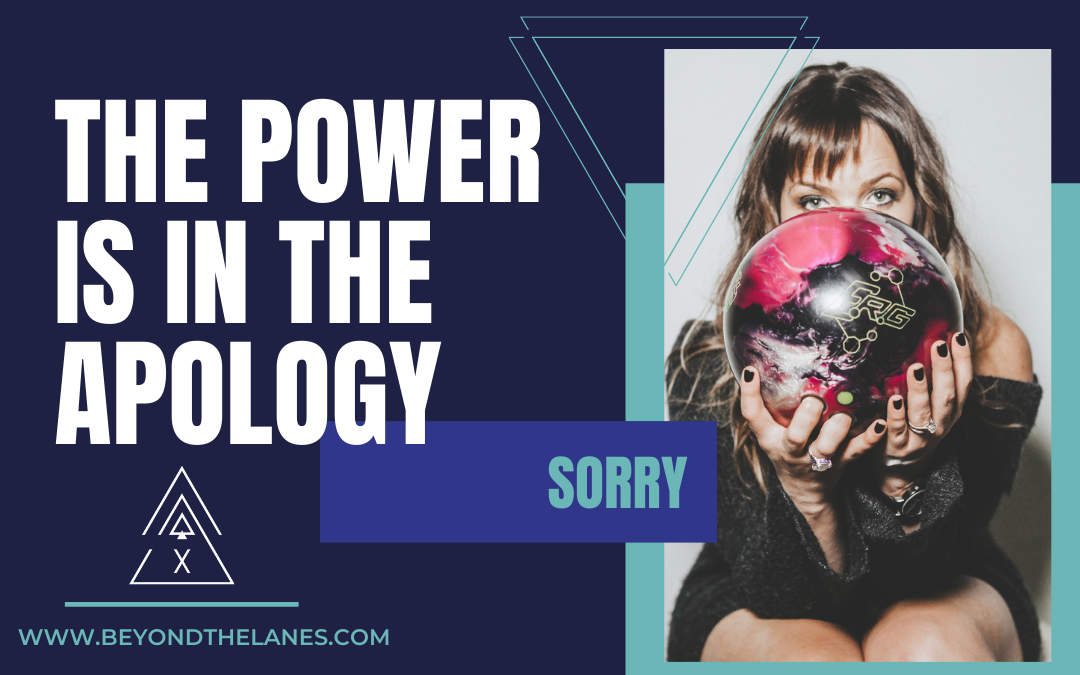


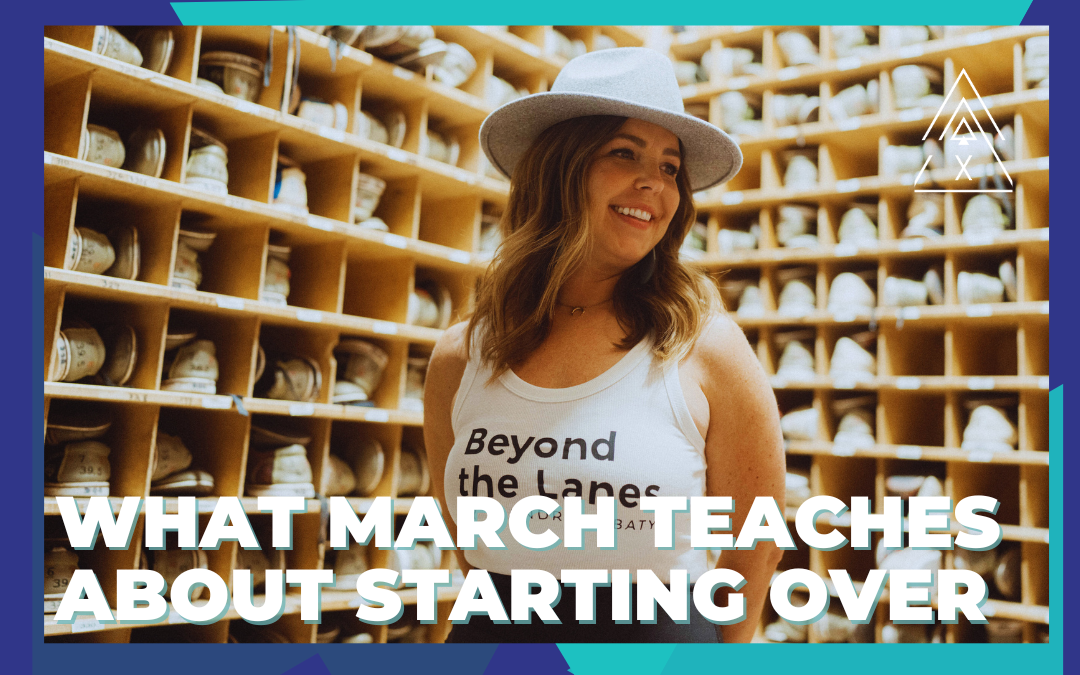
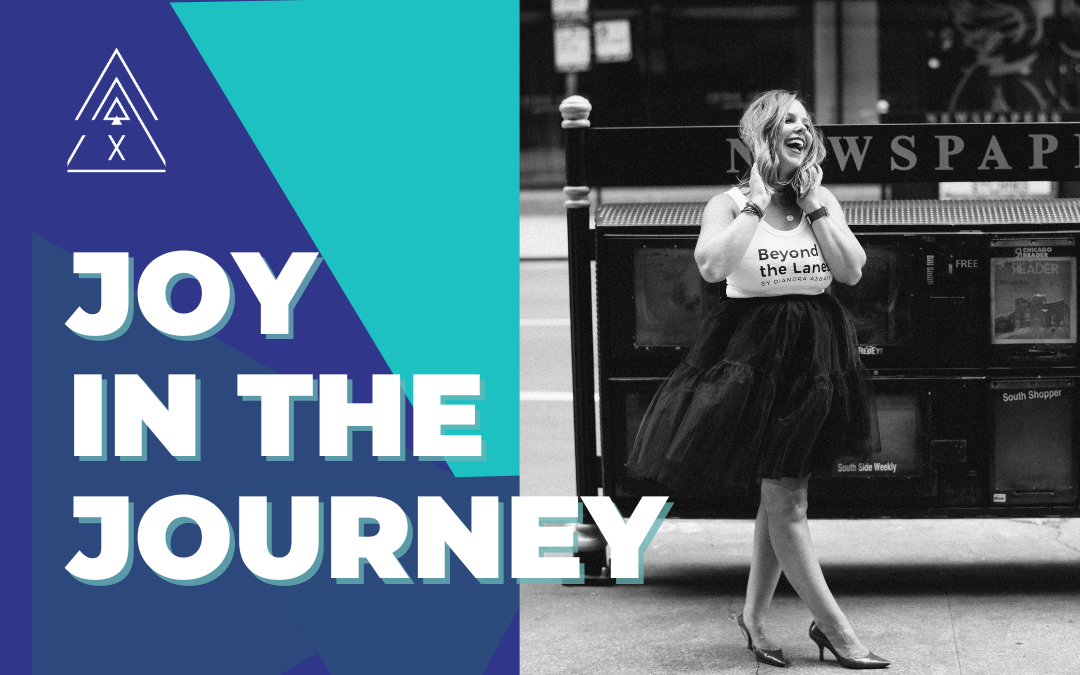
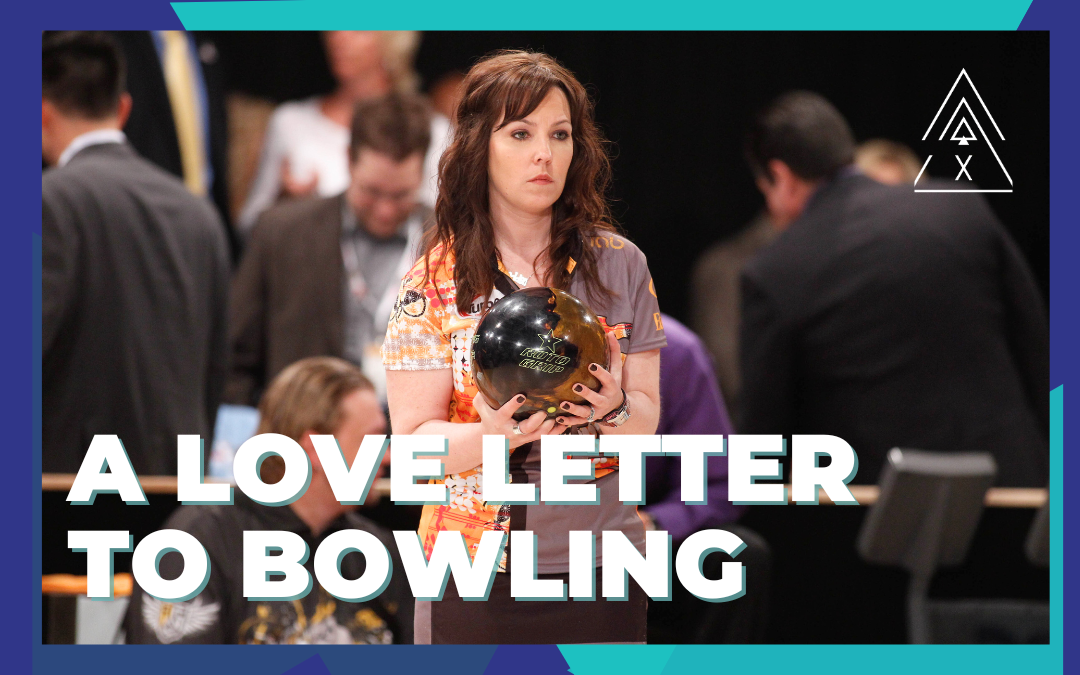
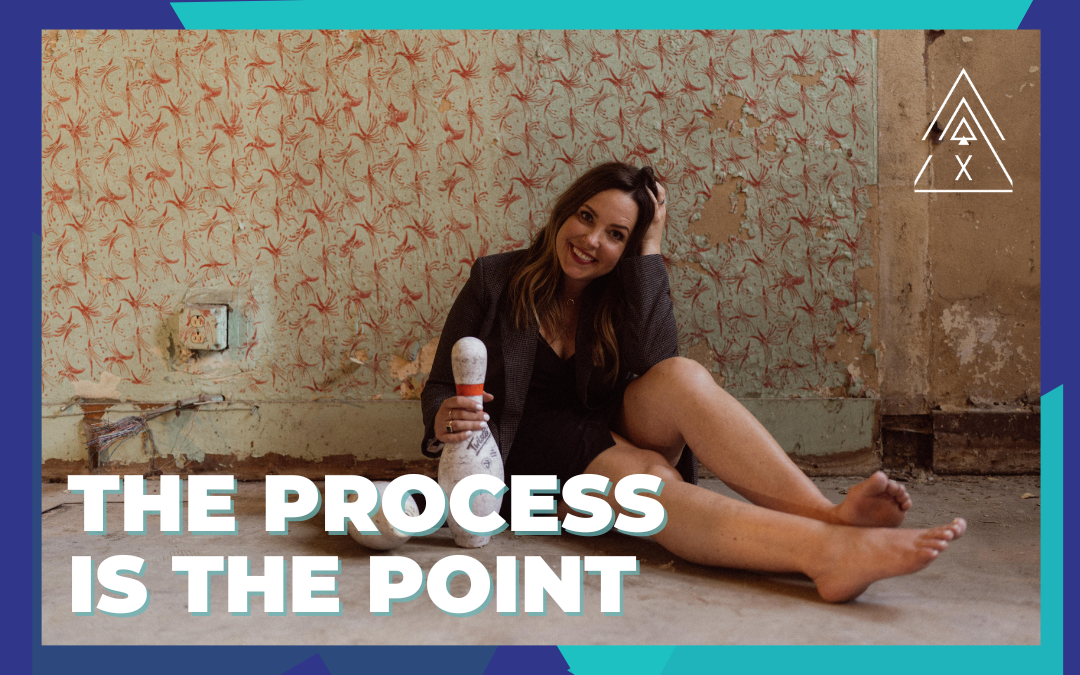
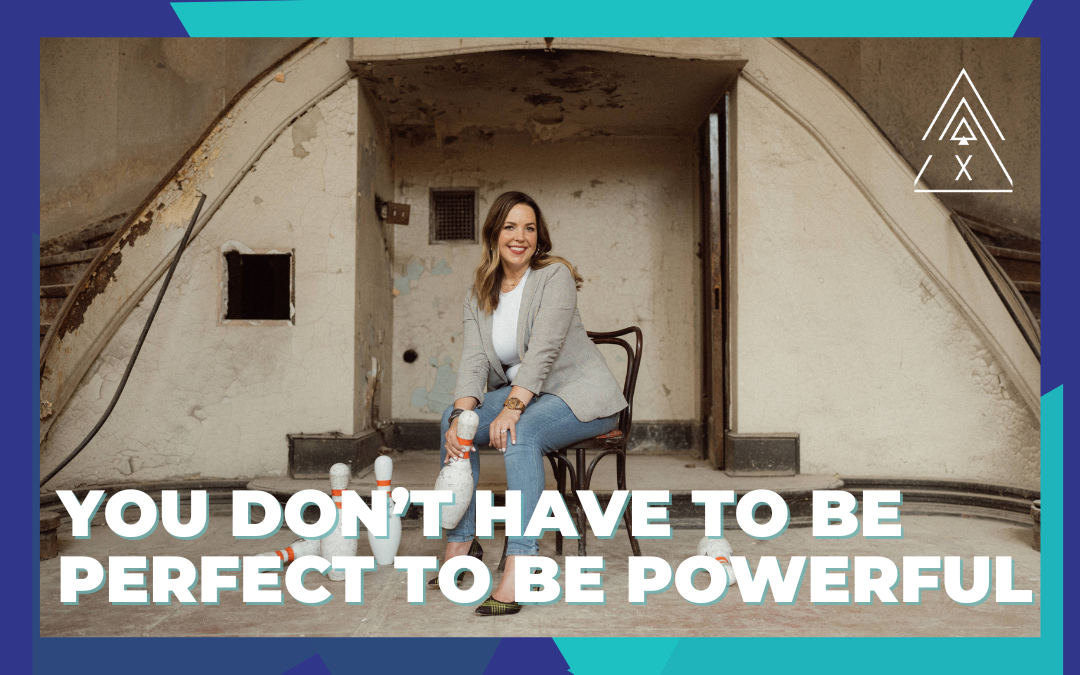
0 Comments